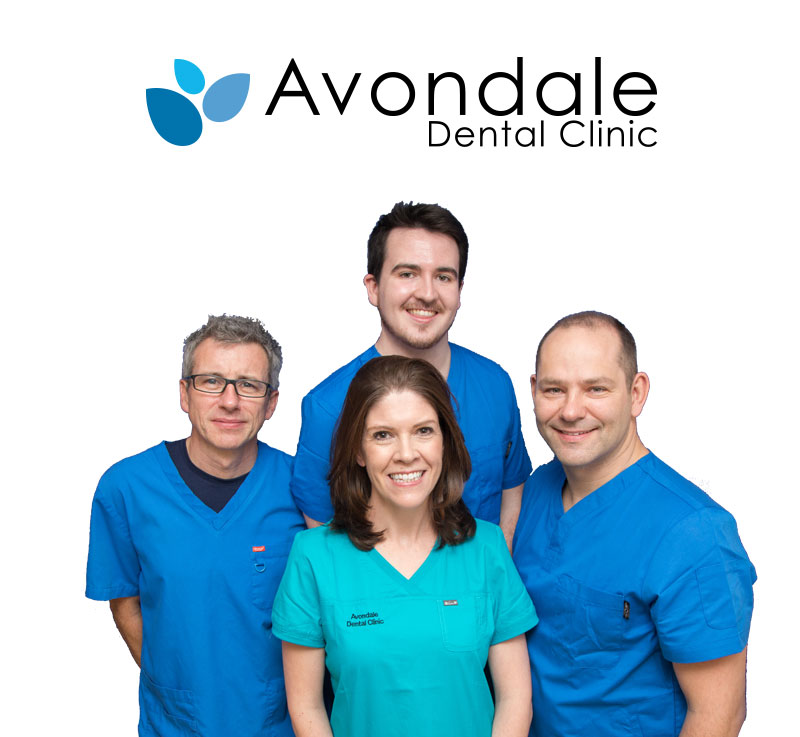Periodontal Treatment & Gum Disease
What is a Periodontal/Gum Treatment?
Regular dental checkups do more than just keep your teeth clean. The dentist and his/her staff also prevent other kinds of problems such as gum disease, or periodontitis. Periodontal problems arise when there is a buildup of bacteria in the mouth. The bacteria attack healthy gum tissue, thereby creating periodontitis. This, in turn, may lead to tooth decay, and bad breath.

Why do I need periodontal treatment?
Gum disease occurs for a number of reasons:
- Bacterial growth along gum line leads to inflammation.
- Signs of periodontal disease:
- Change in bight pattern
- Bad Breath
- Bright red, inflamed gums
- Loose teeth
- Pain when chewing
- Pus-like discharge
- Gaps developing between teeth
- Receding gum line
- Tender gums that tend to bleed
- Inflammation leads to periodontitis, or gum disease, which traverses beyond the gum line into the gums themselves. If left untreated, the tooth area will become loose.
- Need another reason to quit smoking? Smoking is one of the most significant risk factors associated with the development of gum disease. Additionally, smoking can lower the chances for successful treatment.
- Hormonal changes in girls/women. These changes can make gums more sensitive and make it easier for gingivitis to develop.
- People with diabetes are at higher risk for developing infections, including gum disease.
- Other illnesses and their treatments. Diseases such as AIDS and its treatments can also negatively affect the health of gums, as can treatments for cancer.
- There are hundreds of prescriptions and over the counter medications that can reduce the flow of saliva, which has a protective effect on the mouth. Without enough saliva, the mouth is vulnerable to infections such as gum disease. And some medicines can cause abnormal overgrowth of the gum tissue; this can make it difficult to keep teeth and gums clean.
- Genetic susceptibility. Some people are more prone to severe gum disease than others.
Possible Treatments
Below are some the possible treatments available. Each treatment has its benefits and are more suitable for certain cases over others, it is important that you come in and speak to us so we can recommend the best treatment possible for you.
- Scaling
- Supragingival cleaning
- Subgingival cleaning to more thoroughly cleanse the gums and teeth of calculus.
- Oral Cancer Screening
Treatment Process
Non-surgical
- The treatment process may include the above-mentioned treatments, and/or a completed course of antibiotics in order to contain the infection in the gums.
Surgical
- Flap surgery: The dentist will create pockets through surgical means by lifting back a small piece of gum flap. This will enable better scaling and cleaning efforts. Any exposed damaged bone will be fixed before closing the flap back down.
- Soft tissue grafts: This is to help receding gums. This is accomplished through taking soft tissue from another area, such as the roof of the mouth, and grafting, or attaching to the receding gum line.
- Bone grafting: If gum disease has destroyed the bone around the root of the tooth, fragments of bone from elsewhere on the body may be used to repair damaged bone.
- Guided tissue regeneration: A biologically compatible fabric is placed in between the bone and the tooth in order to mimic healthy tissue until it regenerates bone replacement itself.
- Tissue-stimulating proteins: This is a specialized gel that is applied directly to the root of the tooth. It contains proteins that are found in healthy tissue and bone.
Benefits of a hygienist visit?
- Clean, healthy gums and teeth.
- Prevention of cavities.
- Pleasant breath (avoid halitosis)
- Detect and treat any future problems
After Effects
- The patient may feel a slightly tingly, yet not unpleasant sensation for a little while after cleansing.
- Tenderness around gum line if hygienist had to do a lot of scaling or scraping in order to remove plaque and tartar buildup.
Did you know
Dental cavities and periodontal disease are major causes of tooth loss. Complete loss of natural teeth is widespread and particularly affects older people. Globally, about 30% of people aged 65–74 have no natural teeth.
Percent of people clean between their teeth regularly, which is more than three times higher than the figure reported in 2007 (19%).
(nationalsmilemonth.org)
Percent of middle-aged (35-44 years) adults have severe periodontal (gum) disease, which may result in tooth loss
(who.int)
Dental Hygienist Fees
Contact us Today!
Are you looking for more information regarding booking a hygienist visit? then simply fill in the form below, and we will contact you as soon as possible. Alternatively, you can call us on 01 2014180










